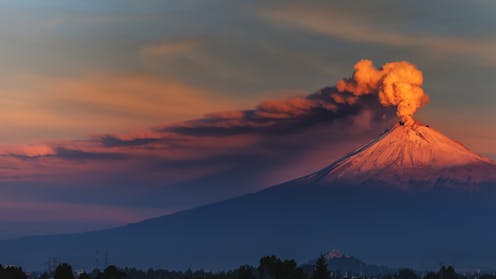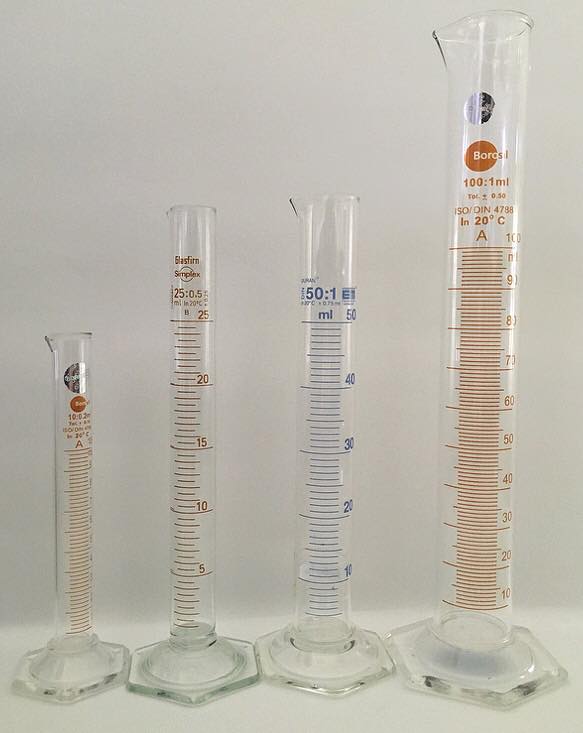Why do the planets not twinkle like stars at night
Why Do The Planets Not Twinkle Like Stars At Night. Hence planets do not twinkle. When the stars don t twinkle it s telling you that the overhead air is more even a feature of damp or hazy air. Planets do not twinkle because they are non luminescent bodies. The light from the stars gets refracted as they pass through different mediums when they come in contact with the wind and different temperatures and densities in the atmosphere.
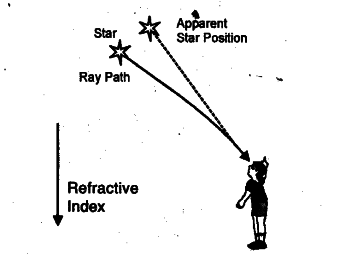 Explain Why Do Stars Twinkle And Planets Do Not Cbse Class 10 Science Learn Cbse Forum From ask.learncbse.in
Explain Why Do Stars Twinkle And Planets Do Not Cbse Class 10 Science Learn Cbse Forum From ask.learncbse.in
Stars don t usually twinkle but when seen from the surface of the earth they just appear to twinkle. Why do all the other stars in the night sky appear to twinkle but our sun never does. Only luminescent celestial bodies stars emit light continuously and this light when passes through the atmosphere of varying densities they seem to twinkle due to atmospheric multiple refraction. Seen from space stars and planets both shine steadily but seen from earth stars twinkle while planets usually don t. Since the planets are closer to us they appear much bigger and the light appears to come from more than one point. Stars twinkle because they re so far away from earth that when light from the stars passes through the atmosphere it is bent countless times due to refraction making it look like as if they were blinking.
Since summertime air has much more water vapor in it it doesn t cool as rapidly at night and this keeps the stars from twinkling.
These are the causes due to which light from the star appears to twinkle when seen from the ground. Why do stars twinkle. The planets are at a lesser distance from us as compared to the stars. Seen from space stars and planets both shine steadily but seen from earth stars twinkle while planets usually don t. When starlight enters the atmosphere it is affected by winds in the atmosphere and by areas with different densities and temperatures. Since the planets are closer to us they appear much bigger and the light appears to come from more than one point.
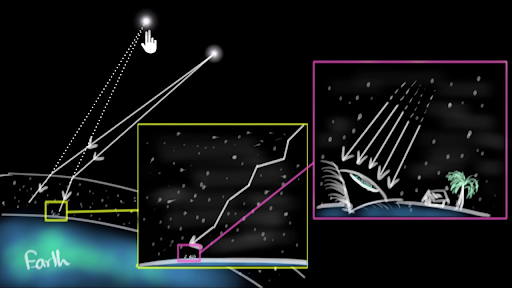
First of all stars do not twinkle they just appear to twinkle from earth this is because the light emitted by the stars on reaching our atmosphere encounters winds and areas of different temperatures and densities thereby disrupting the path of the star s light to your eye for sometime. So twinkling stars mean the air has uneven temperatures. The sun doesn t twinkle because it s too close to earth compared to other stars. Stars don t usually twinkle but when seen from the surface of the earth they just appear to twinkle. These are the causes due to which light from the star appears to twinkle when seen from the ground.
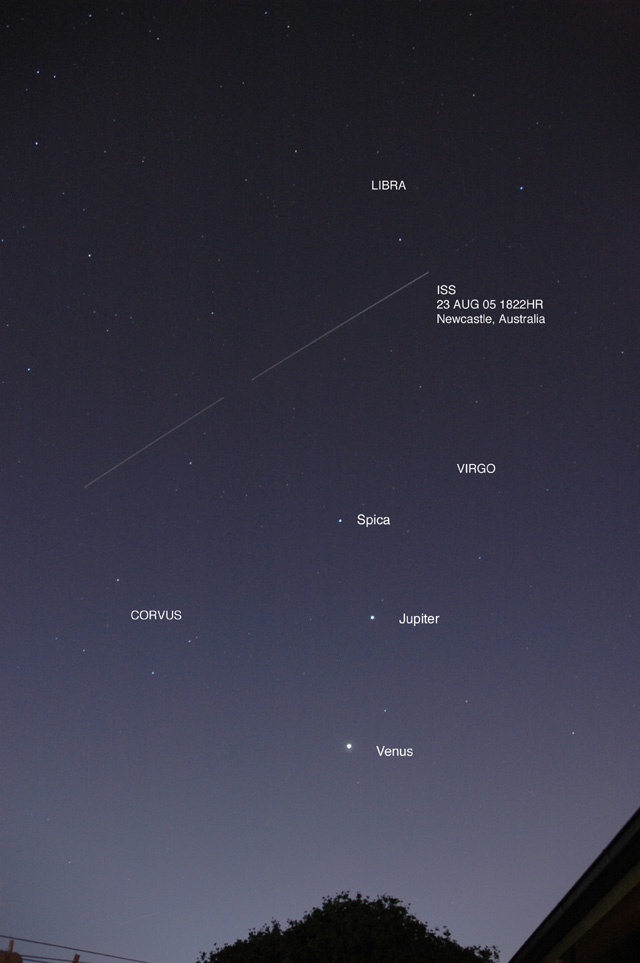 Source: scienceblogs.com
Source: scienceblogs.com
So twinkling stars mean the air has uneven temperatures. The sun doesn t twinkle because it s too close to earth compared to other stars. Why stars stop twinkling. Since summertime air has much more water vapor in it it doesn t cool as rapidly at night and this keeps the stars from twinkling. Stars twinkle because they re so far away from earth that when light from the stars passes through the atmosphere it is bent countless times due to refraction making it look like as if they were blinking.

Dimming effect of some of the points of light coming from planet is nullified by brightening effect of light coming from other points. Hence planets do not twinkle. Although the planets are much smaller than the stars planets appear to be about the same size as the stars because they are so close to us. The sun doesn t twinkle because it s too close to earth compared to other stars. The planets are at a lesser distance from us as compared to the stars.
 Source: youtube.com
Source: youtube.com
The planets are much closer inside our solar system. The planets are much closer inside our solar system. Hence planets do not twinkle. The sun doesn t twinkle because it s too close to earth compared to other stars. When starlight enters the atmosphere it is affected by winds in the atmosphere and by areas with different densities and temperatures.
 Source: natskies.com
Source: natskies.com
These are the causes due to which light from the star appears to twinkle when seen from the ground. The planets are at a lesser distance from us as compared to the stars. Only luminescent celestial bodies stars emit light continuously and this light when passes through the atmosphere of varying densities they seem to twinkle due to atmospheric multiple refraction. So does that mean that they don t actually twinkle. Why do stars twinkle.
 Source: theconversation.com
Source: theconversation.com
Since the planets are closer to us they appear much bigger and the light appears to come from more than one point. Dimming effect of some of the points of light coming from planet is nullified by brightening effect of light coming from other points. Why do all the other stars in the night sky appear to twinkle but our sun never does. In the next section let us more about it. First of all stars do not twinkle they just appear to twinkle from earth this is because the light emitted by the stars on reaching our atmosphere encounters winds and areas of different temperatures and densities thereby disrupting the path of the star s light to your eye for sometime.
 Source: quora.com
Source: quora.com
Due to the effects of earth s atmosphere the stars twinkle in the night sky. The planets are at a lesser distance from us as compared to the stars. When the stars don t twinkle it s telling you that the overhead air is more even a feature of damp or hazy air. The light from the stars gets refracted as they pass through different mediums when they come in contact with the wind and different temperatures and densities in the atmosphere. Stars don t usually twinkle but when seen from the surface of the earth they just appear to twinkle.
 Source: ask.learncbse.in
Source: ask.learncbse.in
Why stars stop twinkling. Due to the effects of earth s atmosphere the stars twinkle in the night sky. Stars twinkle because they re so far away from earth that when light from the stars passes through the atmosphere it is bent countless times due to refraction making it look like as if they were blinking. So does that mean that they don t actually twinkle. Since summertime air has much more water vapor in it it doesn t cool as rapidly at night and this keeps the stars from twinkling.
 Source: natskies.com
Source: natskies.com
Since the planets are closer to us they appear much bigger and the light appears to come from more than one point. Dimming effect of some of the points of light coming from planet is nullified by brightening effect of light coming from other points. Not surprising since air especially dry air cools quickly after sunset. The light from the stars gets refracted as they pass through different mediums when they come in contact with the wind and different temperatures and densities in the atmosphere. When the stars don t twinkle it s telling you that the overhead air is more even a feature of damp or hazy air.
 Source: quora.com
Source: quora.com
So twinkling stars mean the air has uneven temperatures. Although the planets are much smaller than the stars planets appear to be about the same size as the stars because they are so close to us. The sun doesn t twinkle because it s too close to earth compared to other stars. Stars twinkle because they re so far away from earth that when light from the stars passes through the atmosphere it is bent countless times due to refraction making it look like as if they were blinking. Hence planets do not twinkle.
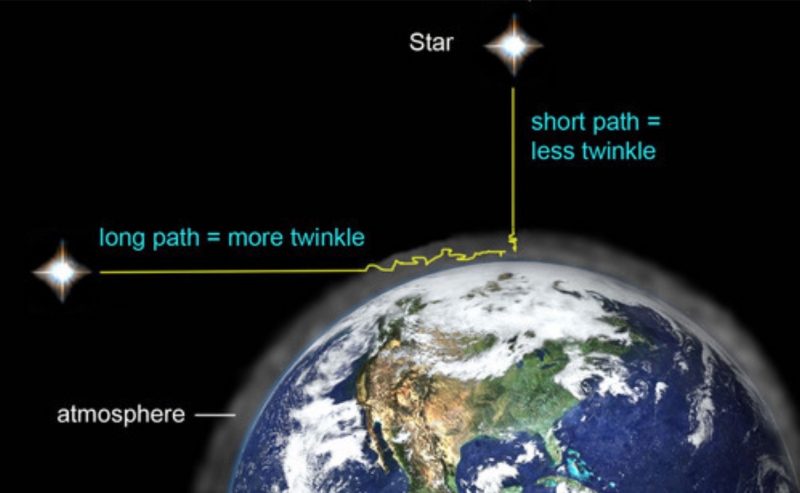 Source: earthsky.org
Source: earthsky.org
Why do stars twinkle but the sun and planets do not. Since summertime air has much more water vapor in it it doesn t cool as rapidly at night and this keeps the stars from twinkling. Seen from space stars and planets both shine steadily but seen from earth stars twinkle while planets usually don t. The planets are at a lesser distance from us as compared to the stars. When the stars don t twinkle it s telling you that the overhead air is more even a feature of damp or hazy air.
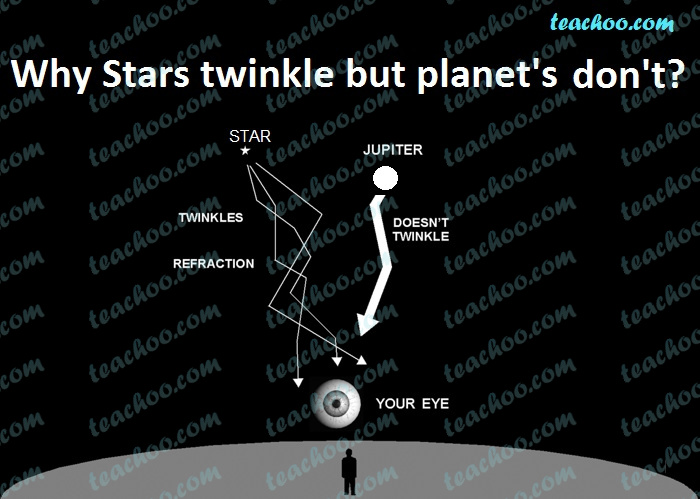 Source: teachoo.com
Source: teachoo.com
Only luminescent celestial bodies stars emit light continuously and this light when passes through the atmosphere of varying densities they seem to twinkle due to atmospheric multiple refraction. Although the planets are much smaller than the stars planets appear to be about the same size as the stars because they are so close to us. The sun doesn t twinkle because it s too close to earth compared to other stars. The light from the stars gets refracted as they pass through different mediums when they come in contact with the wind and different temperatures and densities in the atmosphere. These are the causes due to which light from the star appears to twinkle when seen from the ground.
 Source: brainly.in
Source: brainly.in
These are the causes due to which light from the star appears to twinkle when seen from the ground. Due to the effects of earth s atmosphere the stars twinkle in the night sky. Stars twinkle because they re so far away from earth that when light from the stars passes through the atmosphere it is bent countless times due to refraction making it look like as if they were blinking. When starlight enters the atmosphere it is affected by winds in the atmosphere and by areas with different densities and temperatures. The planets are at a lesser distance from us as compared to the stars.
 Source: astronomy.com
Source: astronomy.com
These are the causes due to which light from the star appears to twinkle when seen from the ground. Since the planets are closer to us they appear much bigger and the light appears to come from more than one point. When the stars don t twinkle it s telling you that the overhead air is more even a feature of damp or hazy air. Why do stars twinkle. Seen from space stars and planets both shine steadily but seen from earth stars twinkle while planets usually don t.
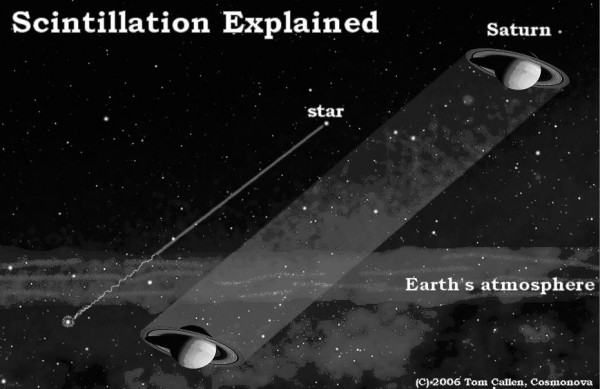 Source: earthsky.org
Source: earthsky.org
The light from the stars gets refracted as they pass through different mediums when they come in contact with the wind and different temperatures and densities in the atmosphere. The sun doesn t twinkle because it s too close to earth compared to other stars. In the next section let us more about it. Why do all the other stars in the night sky appear to twinkle but our sun never does. When starlight enters the atmosphere it is affected by winds in the atmosphere and by areas with different densities and temperatures.
If you find this site helpful, please support us by sharing this posts to your own social media accounts like Facebook, Instagram and so on or you can also save this blog page with the title why do the planets not twinkle like stars at night by using Ctrl + D for devices a laptop with a Windows operating system or Command + D for laptops with an Apple operating system. If you use a smartphone, you can also use the drawer menu of the browser you are using. Whether it’s a Windows, Mac, iOS or Android operating system, you will still be able to bookmark this website.
